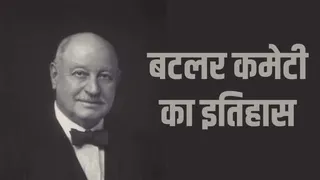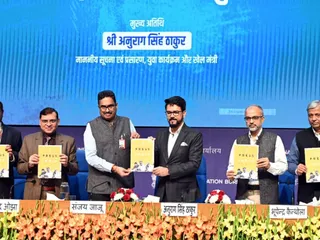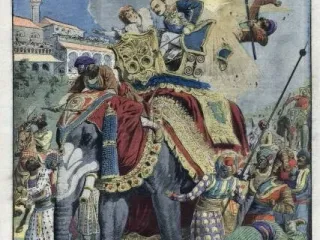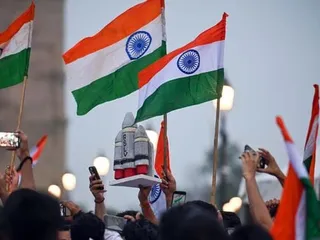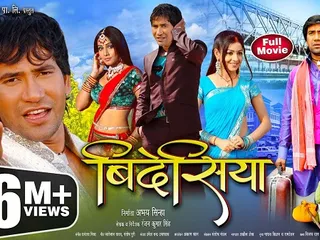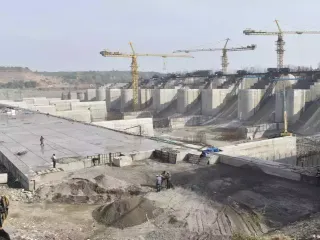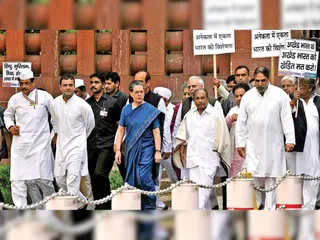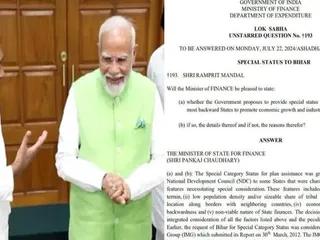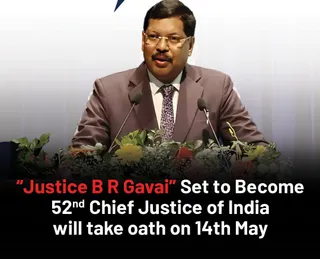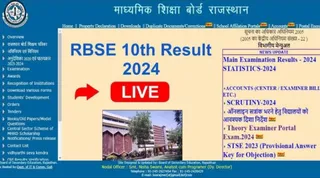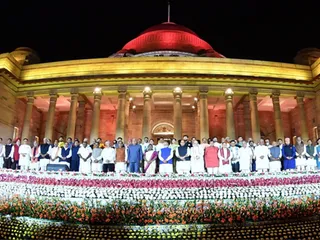The Rowlatt Act, officially known as the Anarchical and Revolutionary Crimes Act of 1919, remains a deeply controversial piece of legislation in the history of British India. Enacted by the Imperial Legislative Council despite significant opposition, the Act aimed to curb revolutionary activities and suppress dissent against British rule. Its passage, however, had far-reaching consequences, significantly escalating tensions and fueling the flames of Indian nationalism.
The Act, introduced by Sir Sidney Rowlatt, empowered the government to imprison suspects without trial for up to two years. This provision effectively bypassed established legal procedures and due process, allowing for indefinite detention without charge or the opportunity for defense. The act also granted the government extensive powers to censor the press and restrict public gatherings, severely curtailing fundamental freedoms.
The rationale behind the Rowlatt Act was rooted in the British government's fear of revolutionary movements and conspiracies. Following World War I, anxieties about potential unrest and the rise of nationalist sentiment spurred the enactment of this repressive legislation. The government cited the need for preventive measures to maintain order and control, arguing that traditional legal processes were insufficient to deal with the perceived threat.
However, the Rowlatt Act was met with widespread condemnation from Indian nationalists and the general populace. It was seen as a blatant violation of fundamental rights and a symbol of the oppressive nature of British rule. Leading figures like Mahatma Gandhi, who was initially hesitant to resort to mass civil disobedience, began to view the Act as a catalyst for more assertive forms of resistance.
The Act's passage directly contributed to the escalation of nationalist sentiment and the growing unrest that culminated in the horrific Jallianwala Bagh massacre in Amritsar in 1919. The massacre, where hundreds of unarmed civilians were killed by British troops under the command of Brigadier-General Reginald Dyer, became a turning point in the Indian independence movement. The incident galvanized public opinion against the British government and exposed the brutal realities of colonial rule.
The Rowlatt Act's impact extended beyond the immediate aftermath of the Jallianwala Bagh massacre. It fueled Mahatma Gandhi's decision to launch the Non-Cooperation Movement in 1920, a significant step towards achieving self-rule. The Act's legacy remains a stark reminder of the repressive measures employed by the British colonial government and the unwavering resolve of Indian nationalists to fight for their freedom and basic human rights. The Act's legacy serves as a cautionary tale about the dangers of circumventing the rule of law and the importance of upholding fundamental freedoms.
The Rowlatt Act ultimately proved to be a strategic miscalculation by the British government. Instead of quelling dissent, it intensified the struggle for independence and solidified the resolve of Indian nationalists to achieve self-governance. Its legacy continues to be debated and studied as a critical turning point in the history of India’s fight for freedom.


